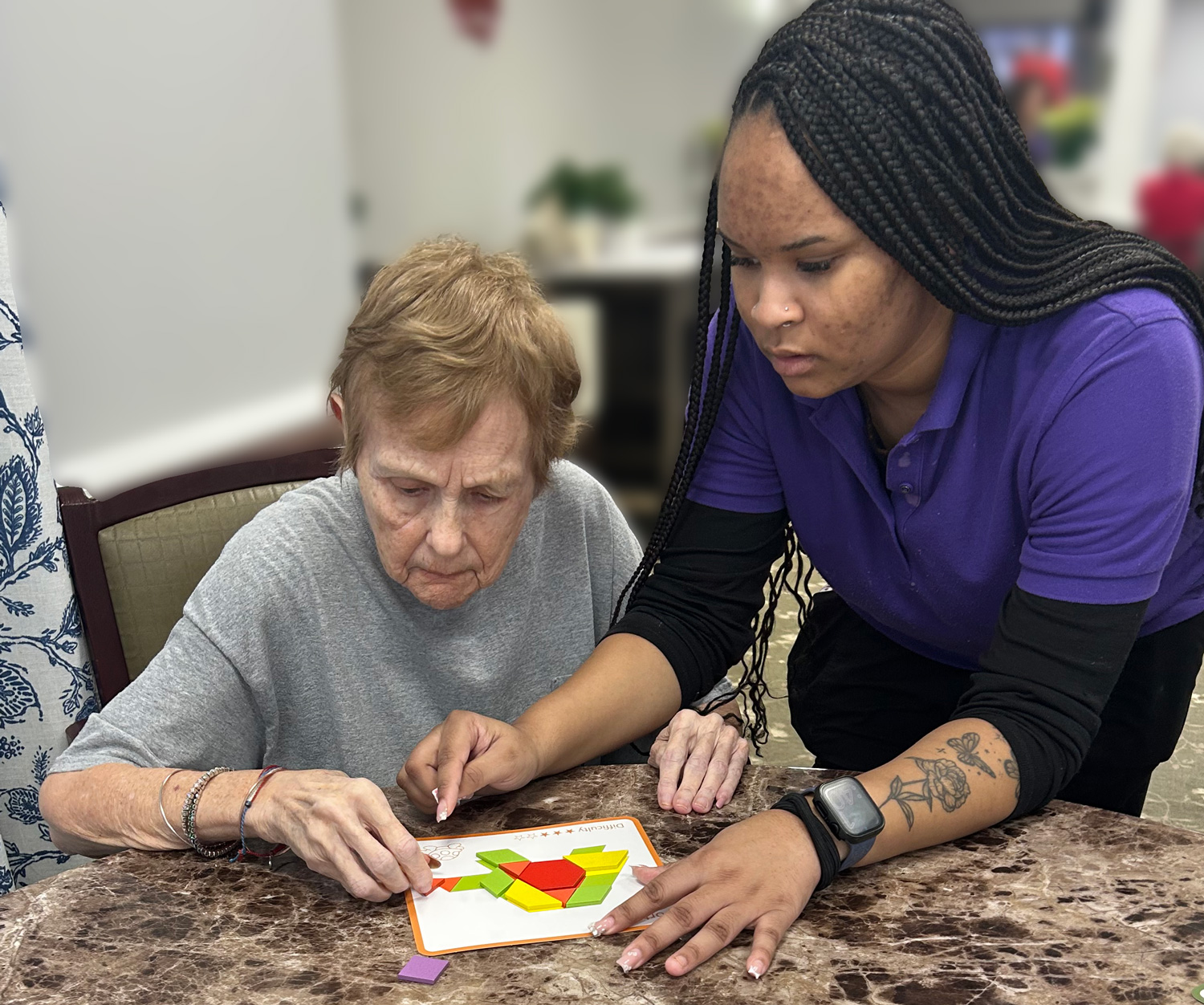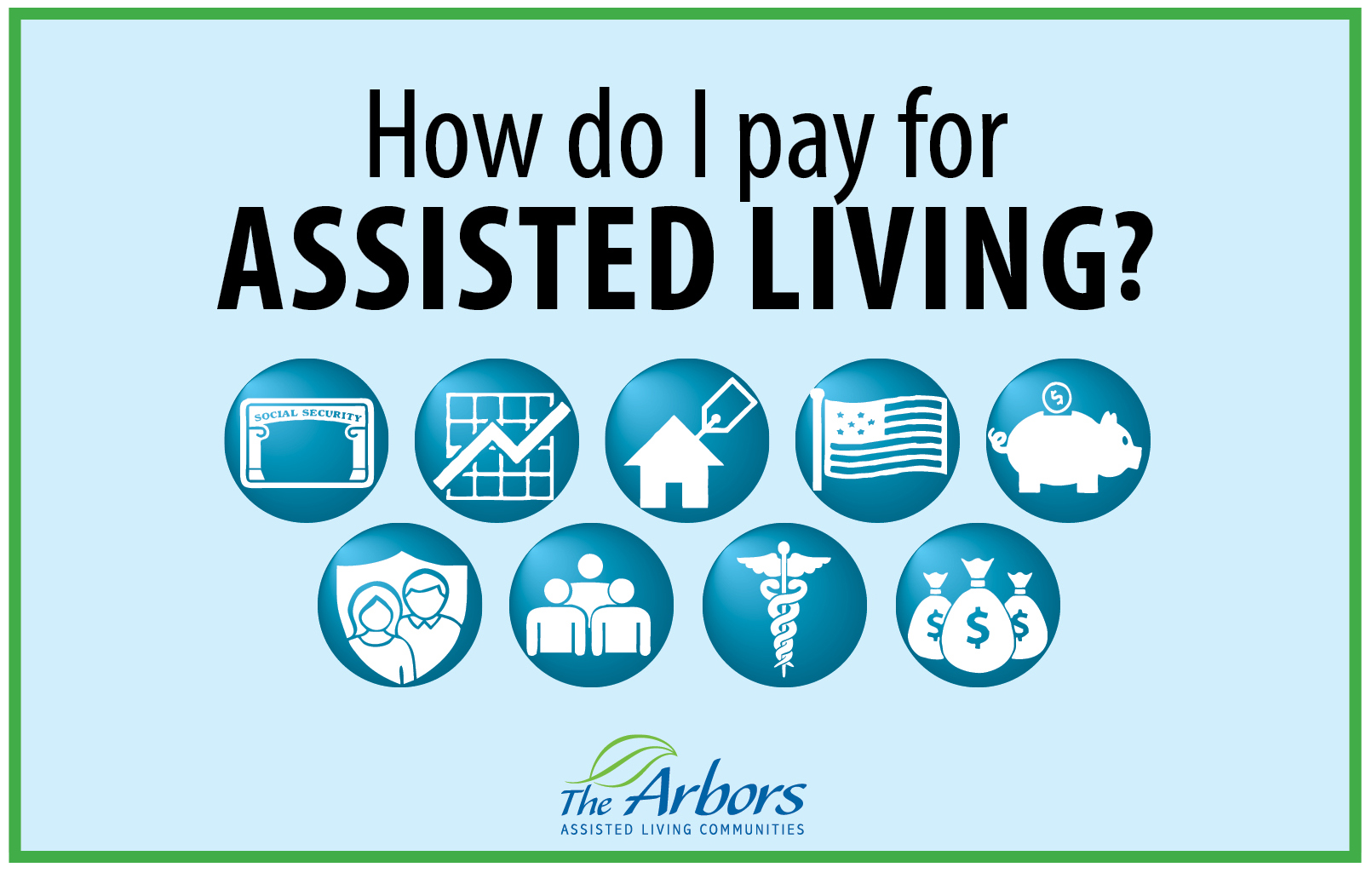(631) 778-7747
Should Your Aging Parent Still Be Driving?

Should Your Aging Parent Still Be Driving?
Driving is one of the freedoms that seniors are reluctant to give up. It is a source of independence and control over their lives because they can go anywhere they want, whenever they want. But many family members become more worried as their parents age, wondering whether it is still safe for them to be driving.
There is no magical cut-off age for driving; it’s a matter of whether your loved one is both physically and mentally fit to continue doing so. Some people may drive into their 90s, while others have the keys taken away much earlier. This can be a tough but necessary conversation to have with your aging parent.
Why This Conversation Matters
The statistics are sobering: according to the National Highway Traffic Safety Administration (NHTSA), older drivers—especially those over 75—are more likely to be involved in accidents per mile driven than middle-aged adults. Age-related changes in vision, hearing, reaction time, and cognitive ability can significantly affect driving performance.
Before you decide that once your loved one hits a certain age they should hand over the keys, here are a few things to consider:
• How is their vision? Are they able to easily read road signs, see traffic lights, and identify hazards?
• How is their reaction time? Are they able to quickly respond if they need to apply the brakes or speed up to safely enter the flow of traffic?
• Do they become confused, lost, or distracted easily?
• Are there dents, dings, or scratches on the car where they have had run-ins with stationary (or moving) objects?
Go for a ride along with them. See how well they are able to maneuver the car and follow the rules of the road. Do they abide by the speed limit? Are they driving safely? Do they remember how to get where they are going, or are they able to follow directions to get there? Don’t criticize them while they are driving, but be a constant observer. Jot down a few notes so you can make comparisons a few weeks or months later when you ride with them again. This can help you to notice any changes you may not have realized at first.
Start with a Conversation
Start with a conversation, not a confrontation. Ask how they feel about driving lately. Share your observations and concerns gently. If they seem resistant, suggest a driving evaluation from a professional instead of demanding they stop immediately.
You might say something like:
“I’ve noticed a few changes that worry me, and I care about your safety. Maybe we could talk to a driving specialist just to get a better idea?”
Making a Decision
If you feel that your loved one is unsafe behind the wheel, it is important to talk to them. You don’t want to put their life or the lives of others at risk. Discuss your concerns with them and what you have noticed. Remember that this can be a sensitive subject –asking them to give up driving can be life-changing. Make sure you are prepared with alternative options for how they can get around and meet their needs. Find others who are willing to share transportation responsibilities. Help your loved one to see that you have their best interest in mind and will do whatever you can to support them.
Alternatives to Driving
One major fear among aging adults is the loss of independence. Be ready to offer solutions that maintain their freedom, such as:
• Ride-sharing services (Uber, Lyft)
• Senior shuttles or community transit
• Family and friends offering regular rides
• Grocery and pharmacy delivery services
Making a transportation plan together can ease the transition and reduce feelings of isolation.
Deciding whether your aging parent should still be driving is one of the more delicate caregiving challenges. With compassion, open communication, and practical planning, you can help your loved one transition safely — and with dignity.
Recent News

The Power of Touch
February 9, 2026

Winter Readiness for Caregivers: Do You Have a Plan?
January 6, 2026

Important Topics to Discuss With Local Assisted Living Centers
November 10, 2025

When It’s Time: Helping Your Parents Accept the Need for Assisted Living
October 15, 2025

How to Encourage an Aging Parent to Shower When They Refuse
July 2, 2025

How Do I Pay for Assisted Living
June 6, 2025

3 Signs You Should Consider Assisted Living
May 15, 2025
GET IN TOUCH
Let’s Talk About Making The Arbors Your Home
REQUEST A VISIT
Schedule a Tour of our Long Island Assisted Living Communities


















































